An oasis of hope for Fulani street boys in Benin
In Benin, a country where many different peoples live together, there is a very special community that generally goes unnoticed. They are the talibés, young boys mainly from the Fulani people, who beg in the streets.
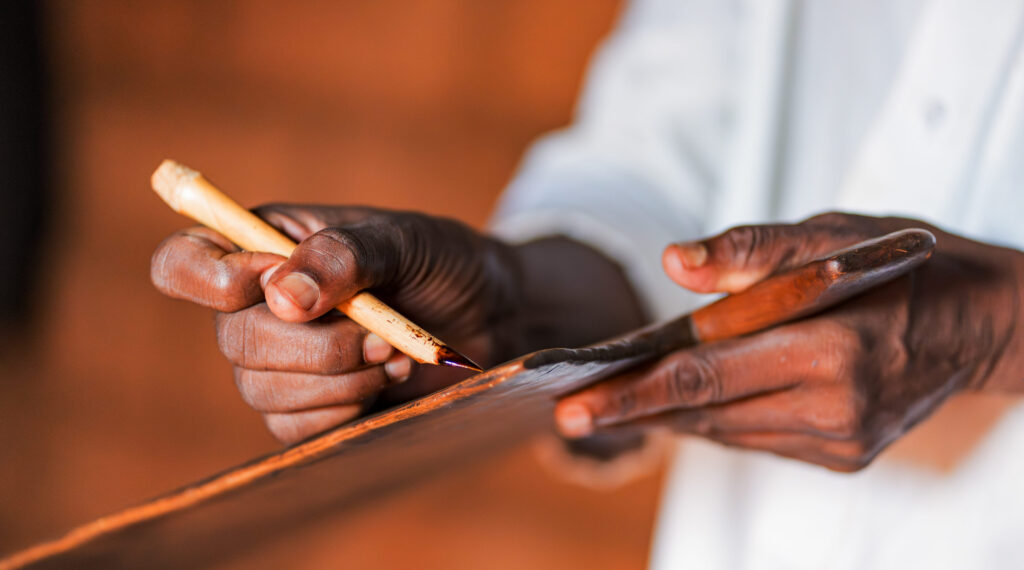
By Janine Schmidt
In Benin, a country where many different peoples live together, there is a very special community that generally goes unnoticed. They are the talibés, young boys mainly from the Fulani people, who beg in the streets.
Gospel hope is being offered to a very special community in Benin – the talibés, young boys, mainly from the Fulani people, who beg in the streets.
These children are placed by their families in Qur’anic schools called daaras, boarding schools where they are taught to study the sacred texts. They receive lessons very early in the morning, and again in the evening. They go to the mosques for the five prayers that punctuate the day.
When they’re not studying the Qu’ran, the talibés wander the streets of the town begging. These boys often hang around restaurants or food vendors to collect leftovers. Some of the alms are given to their master. In return, their parents do not pay for their schooling.
In the daara, these children, some of whom have left their families at the age of five, develop a sense of community, with all the challenges that entails. They sleep on mats on the floor, just as they would at home, but little access to hygiene or healthcare. Talibé children are not respected in society, and physical and moral violence is part of their daily lives.
But why do these families send their children to such institutions? Apart from the ambition they have for their sons, hoping that they in turn will become Qur’anic masters, there is a fairly down-to-earth reason that drives them to make this choice: “It’s one less mouth for a family to feed to send their son to a Qu’ranic school” explains Melissa*, a mission worker serving in Benin.
It was God who sent these children to the SIM mission station…
Yet for the past few years, almost 150 talibé children have been receiving care and love. “It was God who sent these children to the SIM mission station,” explains Melissa. At the time, some talibé boys poked their heads through the fence of the compound to beg for food. Aware of their vulnerability, one of the mission workers felt the need to act. And so, very humbly, in response to primary needs, a club for talibé children was born on the mission station.
Every morning at 8am, the children flock to the station gate to receive breakfast. Melissa welcomes them and serves them. And every Tuesday afternoon, the talibés come in their numbers to eat, play, receive nursing care, learn to read and count, do their laundry or take a shower. What they find here far exceeds what they receive in the daara. It’s a real bath of love and kindness that awaits them. “They really feel loved here,” says Margaret*, a young Frenchwoman who served in this ministry for a few months between 2023 and 2024.
“Recently,” says Melissa, “a boy in the club was coughing a lot. I had no idea he had something serious. But a visiting missionary doctor examined him. She discovered that he had severe pneumonia. So, I took him to the clinic for a thorough examination, which revealed anaemia and tuberculosis. He was treated and cured. Afterwards, he told a Beninese volunteer, ‘It’s incredible what white people do for us!’ Words like that encourage us to persevere in this testimony of love.”
They really feel loved here
This love for the talibés is not limited to physical care. “Every Tuesday, we tell them a story from the Bible that develops an aspect of the person of God. Sometimes we illustrate it with a sketch,” explains Margaret. A translator tells them the story in their mother tongue, Fulfulde. The team encourages them to question what they have been told. This sometimes gives rise to reactions on their part. “Being educated at Qur’anic school, they may challenge some of the truths we convey in the stories. That makes for some interesting discussions,” says Margaret.
The hope is that these little disciples of the Qur’anic teachers will one day become convinced followers of Christ, who sees them in all their worth. And even more! “Our bold prayer is that each child will bring the gospel to their family, to their village, when they return. The Fulani people are an ethnic group that remains fairly impervious to the gospel,” explains another worker. This still very young ministry has a lot of potential. “It’s a miracle that so many children come every Tuesday, without their teachers stopping them,” says Margaret. As long as the doors remain open, there is much to be done for these children. “We sometimes feel helpless in the face of all these needs,” admits Melissa.
She dreams of seeing other workers join the mission, in particular men of Fulani origin, as well as health professionals, in order to meet the immense unmet needs of these children.
*Names changed for security reasons. This article was first published by SIM France-Belgium in French.
Please pray
- For the ministry to the talibes to continue, no matter which workers are serving on the field
- For the boys to come to a full understanding of who Jesus is and so bring gospel hope into the wider Fulani community
- For God to raise up more workers willing to serve among the Fulani in Benin
You might also like
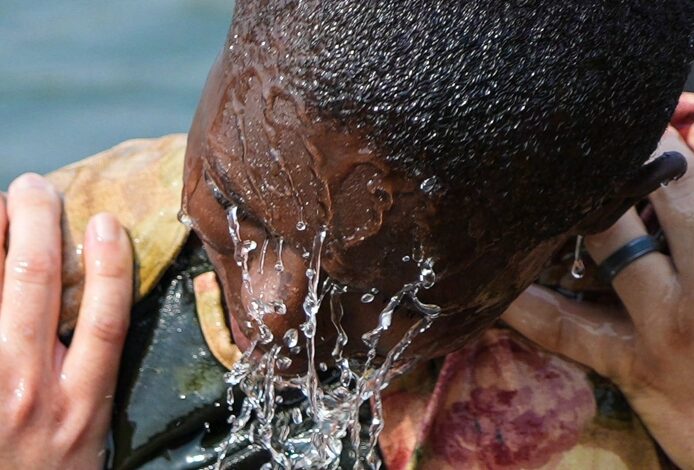
A young Muslim boy in a remote village encounters the love of Jesus through a Christian school. As trust grows, Abdu discovers the truth of the gospel, bra...

After stepping into mission work at 26, Jang Doo‑Sik discovered that calling rarely comes with certainty. Today, as only 2% of Generation Z are reached w...

For mission workers, a prayer letter is a way of inviting others into the story God is writing. SIM mission worker Mark Azzopardi reflects on how to write ...

In the glittering cities of the Arabian peninsula, one worker’s encounters with migrant lifeguards become a vivid reminder of the urgent call for Christi...
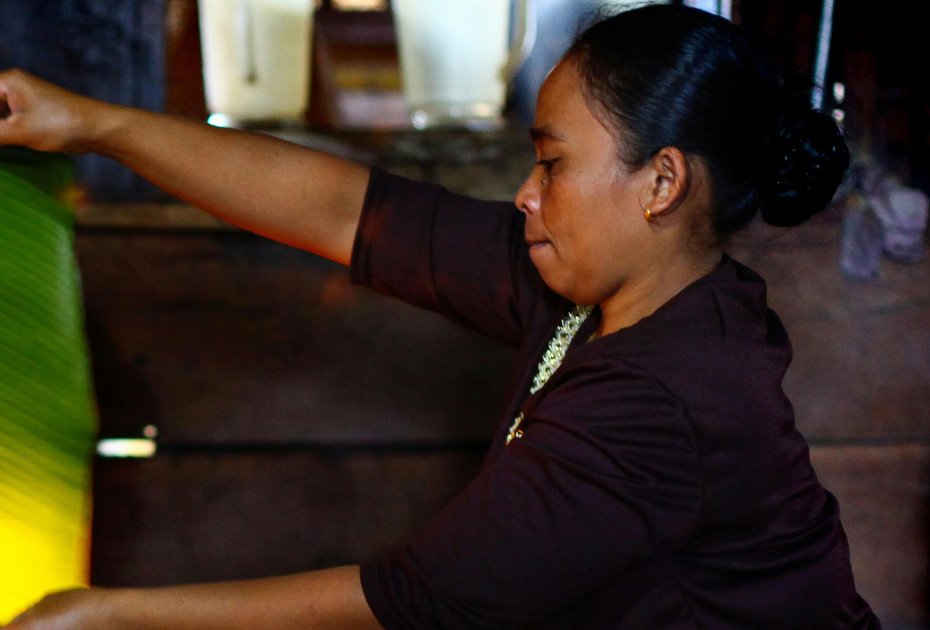
In West Timor, where poverty and limited opportunities leave families vulnerable to exploitation, anti-trafficking work is focused on walking alongside com...
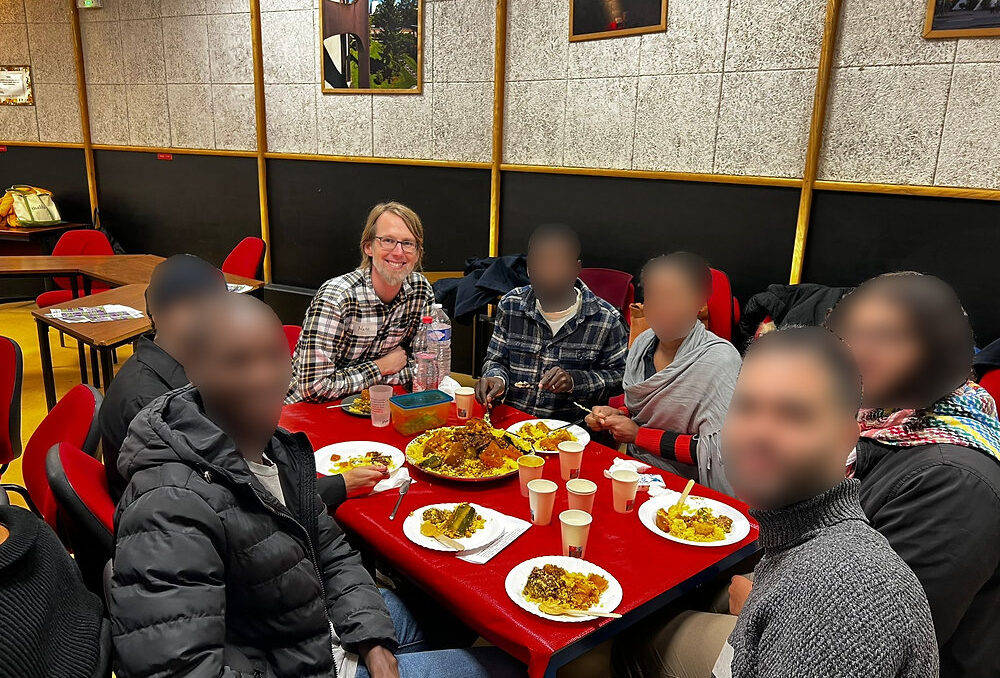
As Ramadan approaches, mission worker Nate based in Strasbourg reflects on why respectful interfaith dialogue matters — and how genuine friendship, peace...
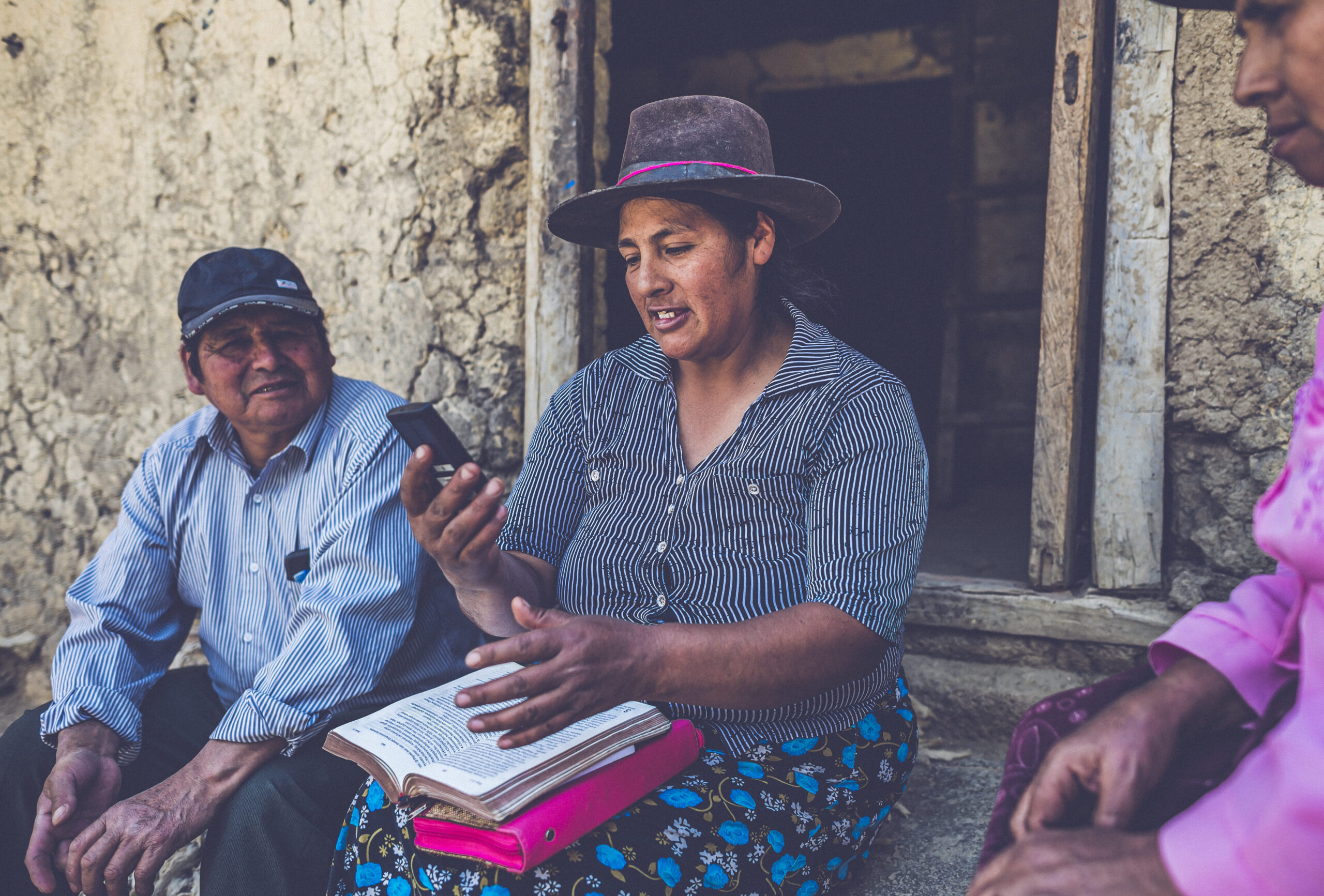
In 2026, we renew our call to stay connected: to Christ, to one another, and to the communities where the gospel is least known. Join us in prayer as we pu...
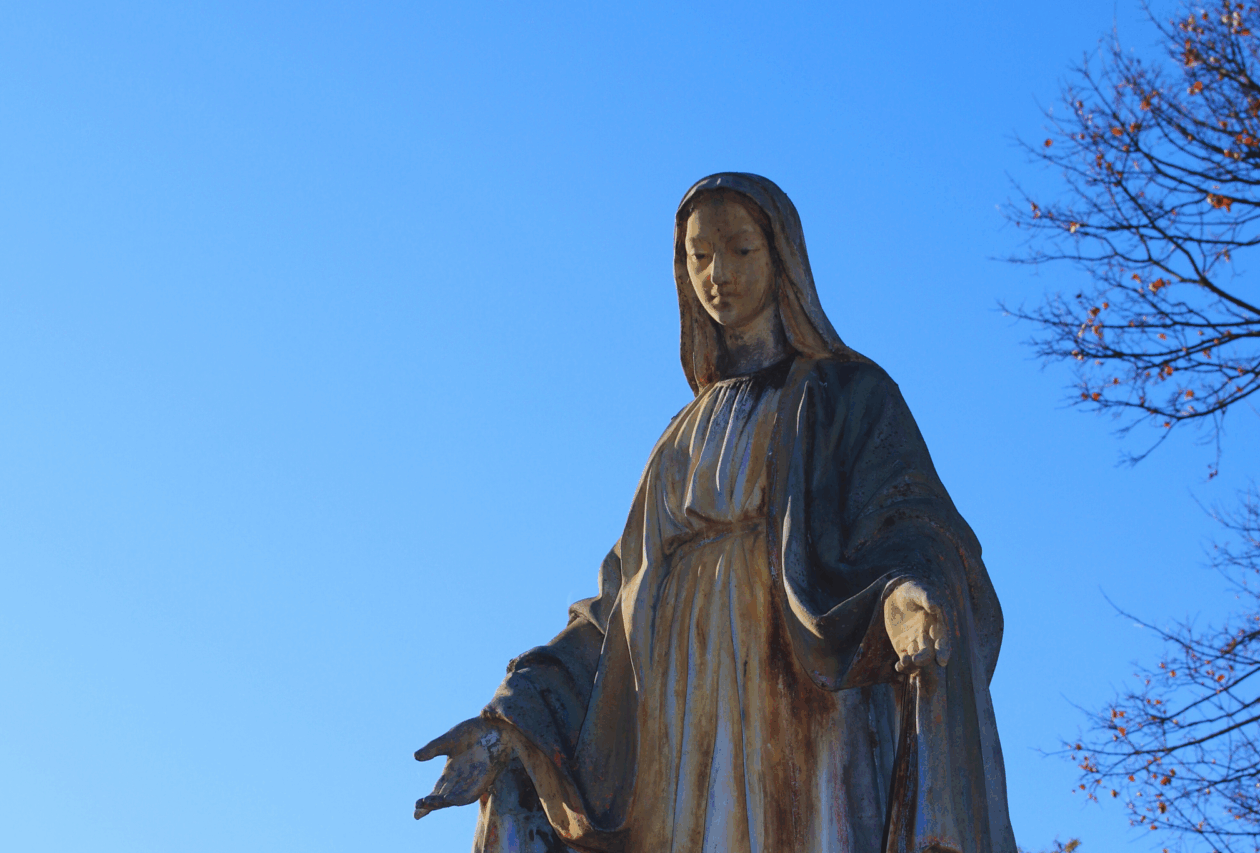
When León and Mari arrived in the spiritually resistant town, they faced hostility and isolation. But through patient presence, genuine relationships, and...
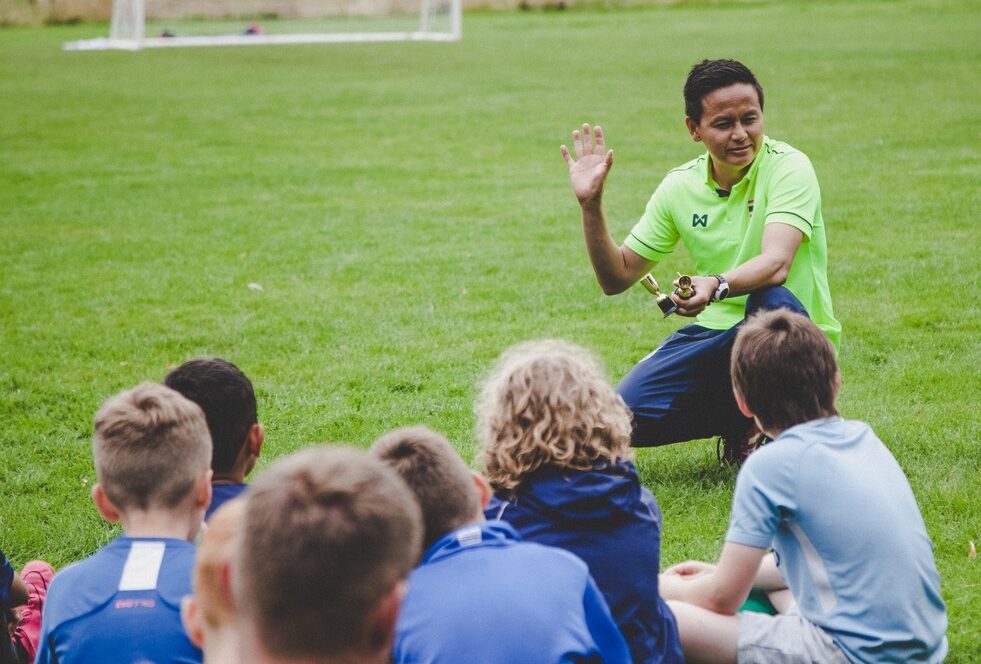
In Radcliffe, UK, children without father figures find hope through Sports Friends coaches. They are finding mentorship, love and learning about the faithf...
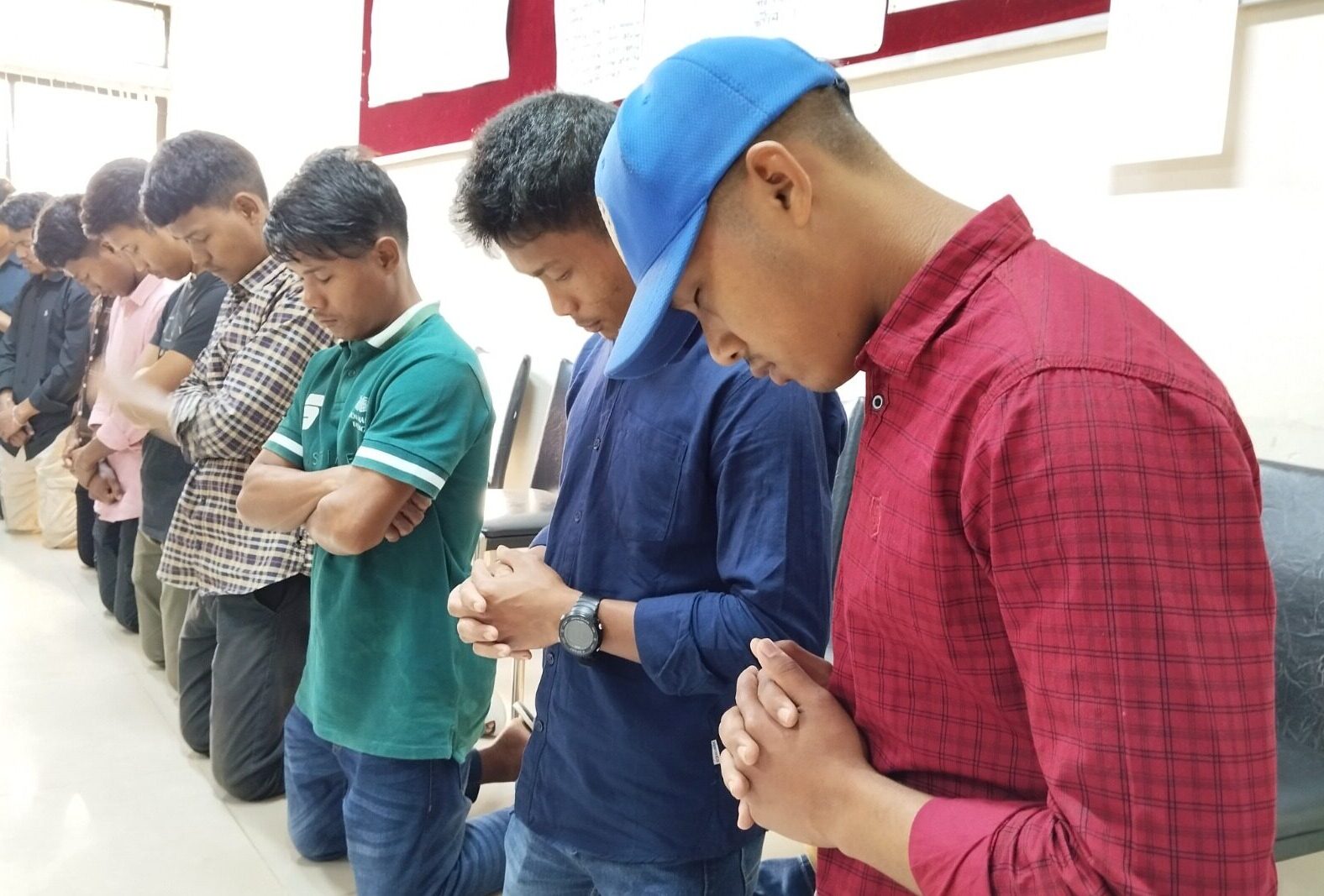
For many around the world, Christmas Day passes quietly unnoticed and uncelebrated. Faithful Witness asked what December 25th looks like in communities whe...
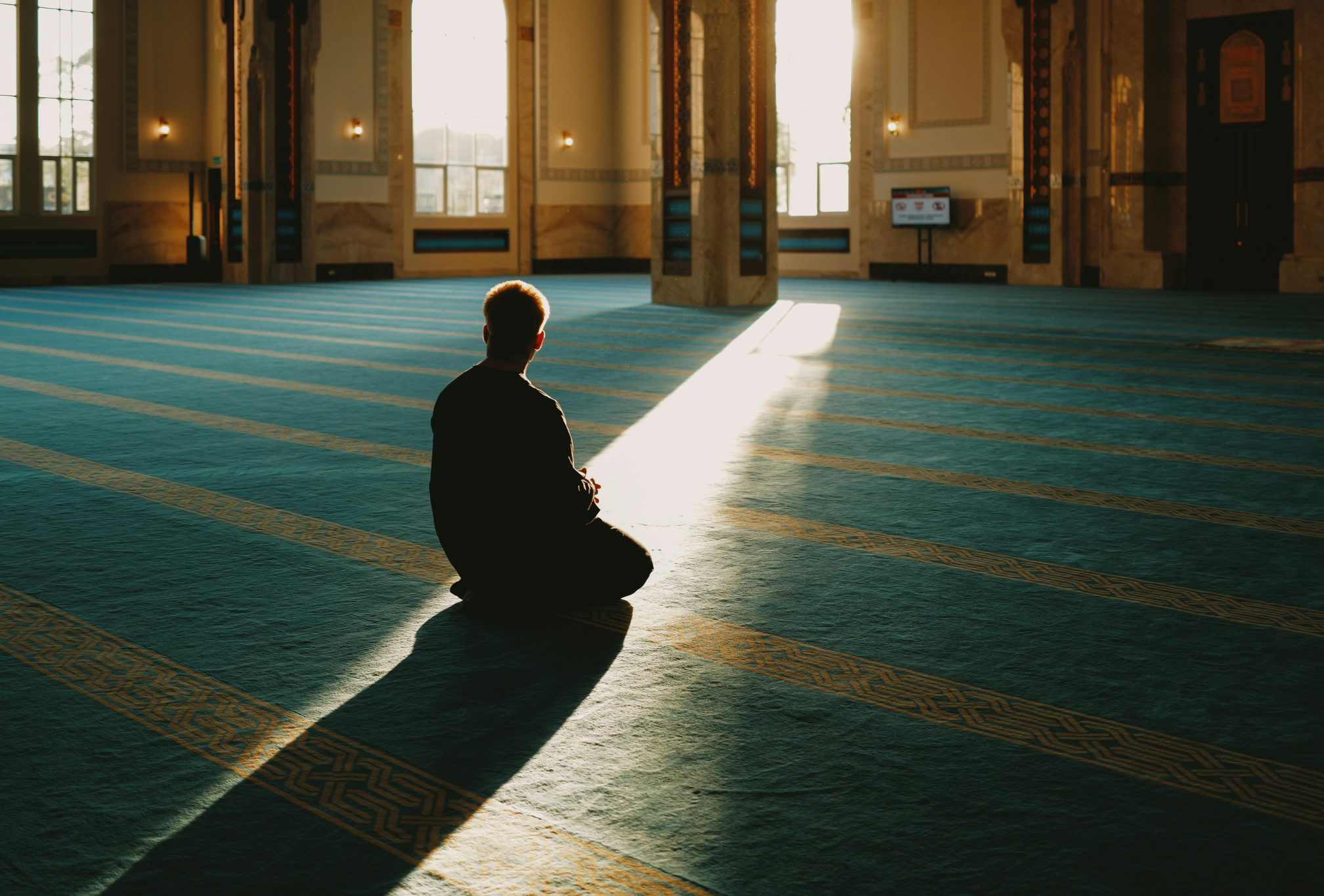
Raised Muslim in South Asia, Joel* longed to know who God truly was. Through SIM programmes, Christ brought light, joy and deep faith into his life.
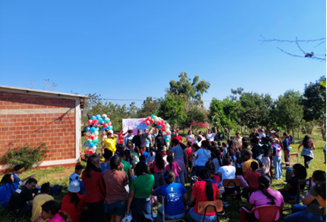
How do you hold on to God’s word when you can’t hold it in your hands?
